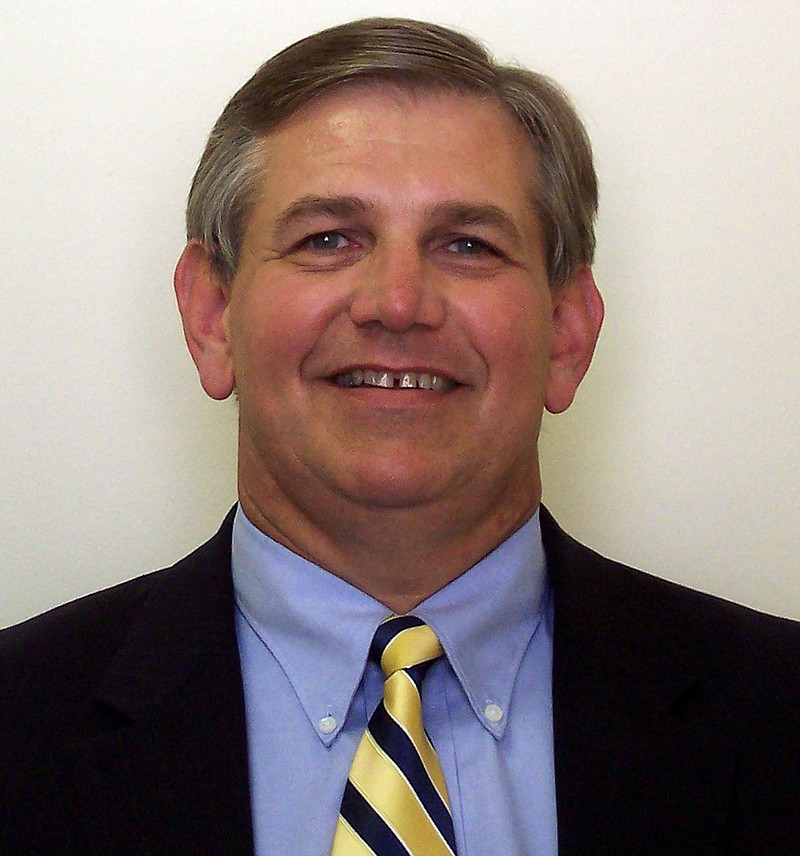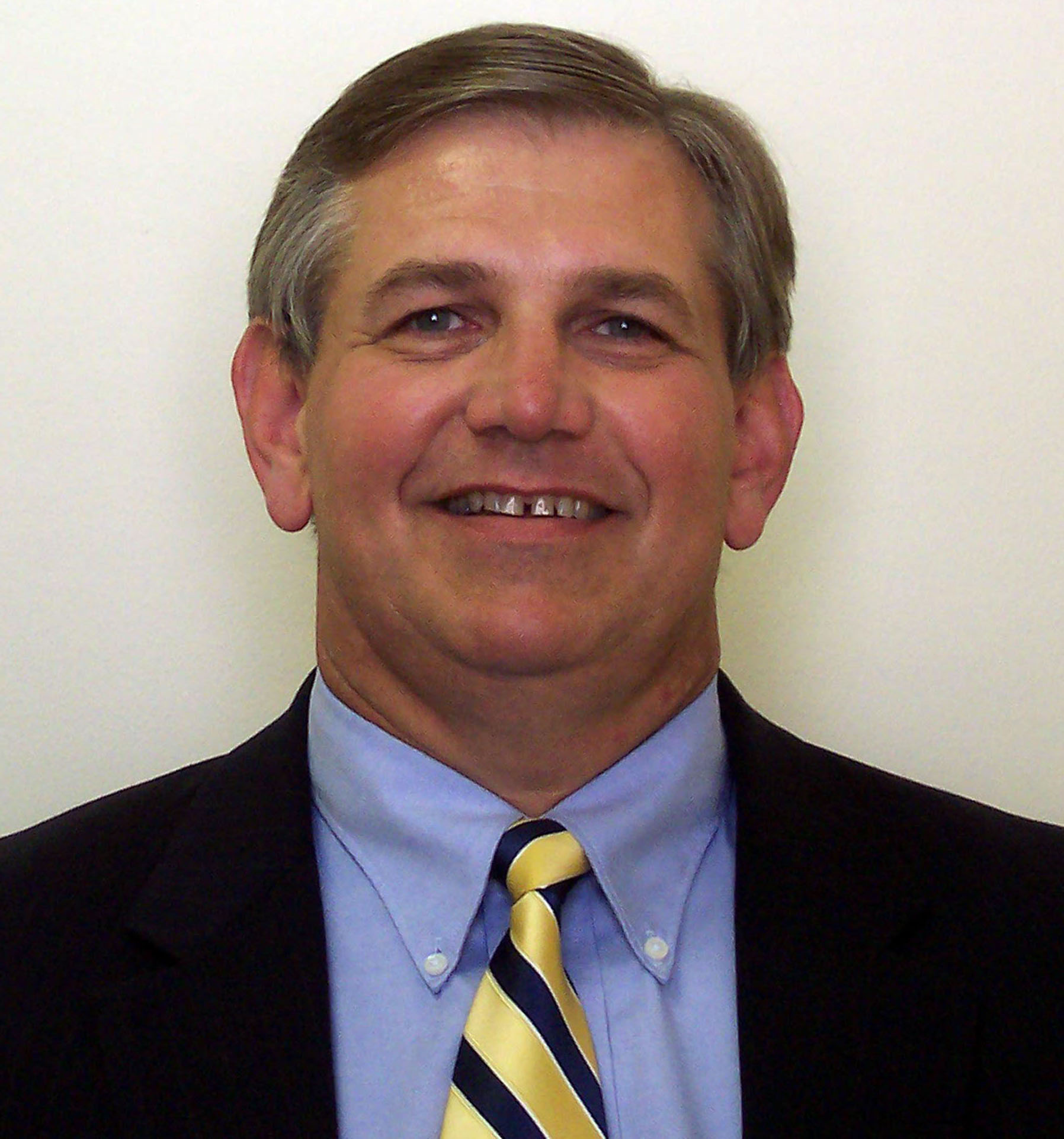The Nobel Prize in Economic Sciences is a relatively late addition to the venerable suite of prestigious awards bestowed by the Royal Swedish Academy of Sciences. First endowed in 1968, the annual prize recognizes outstanding contributions to the field of economics. This year's recipient won deserved acclaim for his contemplation of how investors screw up.
Richard H. Thaler, a professor at the University of Chicago, gained wide recognition for his on-camera explication of the 2008 financial meltdown in the 2015 film "The Big Short." But Professor Thaler was already renowned in the financial world for his work on why individuals make psychological investing mistakes, a field known as "behavioral finance." His work includes suggestions for recognizing and combating the instinctive mental responses that impair our ability to make rational decisions when selecting and managing our investments.
It is now well known that certain "cognitive biases" or psychological traps inform human decision-making. These cognitive biases served an essential primeval function: self-preservation. When faced with mortal threats, early humans could scarcely pause to reflect upon and evaluate sensory inputs to determine potential threats. Rather, instinct took over at the sound of an approaching beast and the brain shouted "run for it!"
This inherent protective response has proven to be a significant impediment to successful investing.
An earlier Nobel laureate in behavioral economics, Daniel Kahneman, bifurcated our broad thought processes into two categories.
» System 1 thinking, according to Kahneman's taxonomy, is "fast" - an instinctive reaction to potential dangers, or a quick, heuristic assessment of threats when time is of the essence. Think "fight or flight."
» System 2 or "slow" thinking is the more reflective, informed and systematic process of collecting information and rationally formulating a calculated response. While we like to believe that we apply slow thinking to our portfolios, these pioneers have demonstrated that fast or System 1 thinking often impairs our investment performance.
Thaler built upon the work of others in applying these psychological biases in explaining how human aversion to losses distorts our ability to properly value an investment, and how this innate perception affects broader financial markets.
But another important and especially relevant aspect of Professor Thaler's work involves his application of the tools of neuroscientists and psychologists in understanding lack of self-control in financial decision making. Individuals often succumb to short-term temptation to the detriment of longer-term goals (ask any perennial dieter). Few Americans are saving nearly enough for retirement, owing at least in part to our hard-wired preference for immediate gratification.
Thaler's research sheds light on this deficiency and offers some thoughts on how to combat our predispositions and encourage "slower" thinking to increase retirement savings and investments by changing how choices are presented or "framed".
For the retirement under-saving problem, workers are offered a choice between consuming now and saving for later. Drawing on behavioral finance research, Thaler suggests re- framing the choice to favor saving. Specifically, he proposes that the default option for workers should be the maximum allowable salary deferral in their 401(k). Workers could choose to save less or even opt out, but are likely to put more away if they receive what he calls a "nudge" from the manner in which the options are presented.
Advertisers have long been aware of the power of framing in persuading customers to buy their products. This year's Nobel prize award recognized in part the potential value of applying the same principles to improving individuals' financial behavior by nudging them toward better decisions, slowing down fast thinking, and recognizing the psychological traits that helped us outrun a bear but impede our cognitive performance.
Christopher A. Hopkins, CFA, is a vice president and portfolio manager for Barnett & Co. Investment Advisors in Chattanooga.

